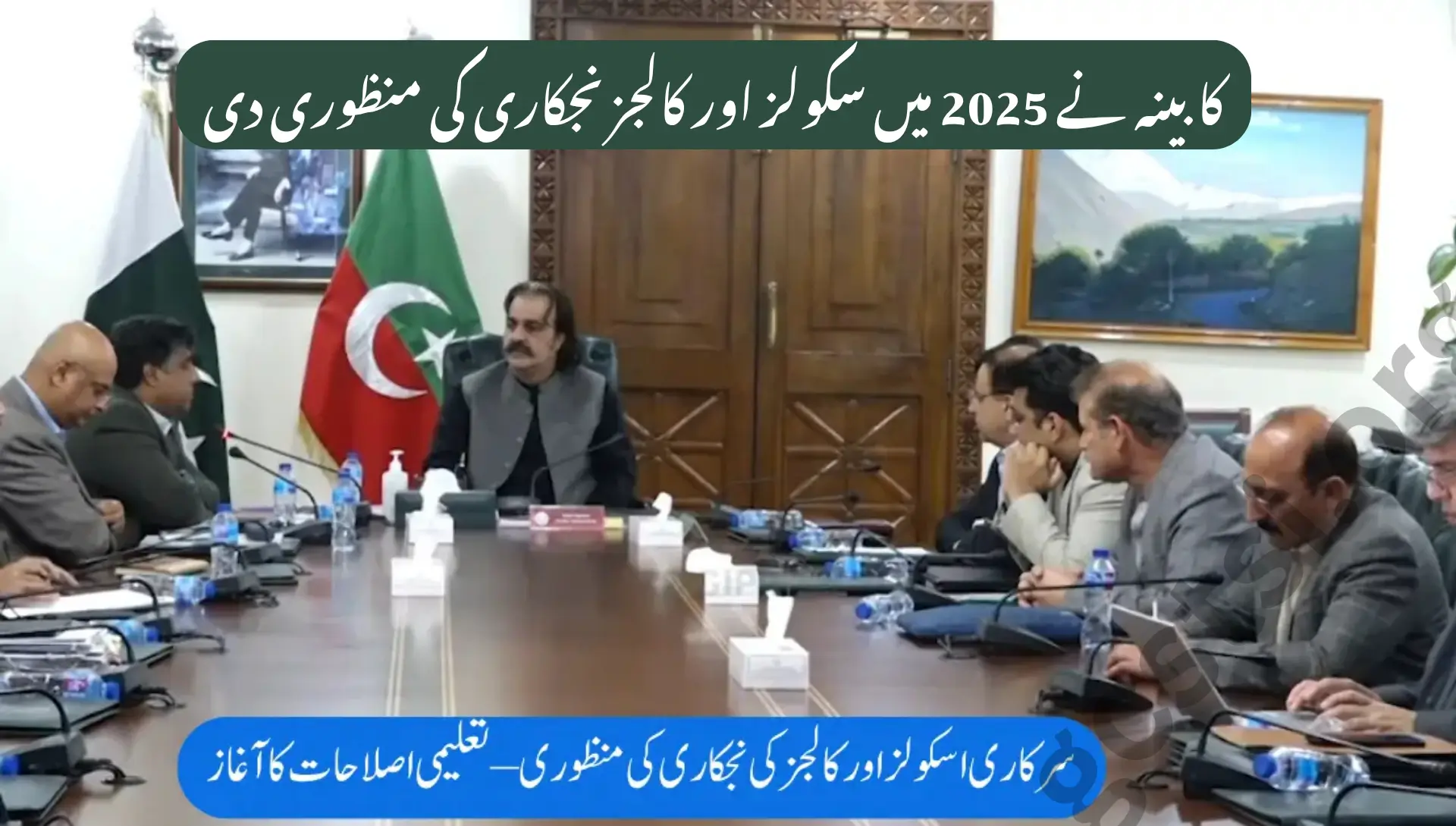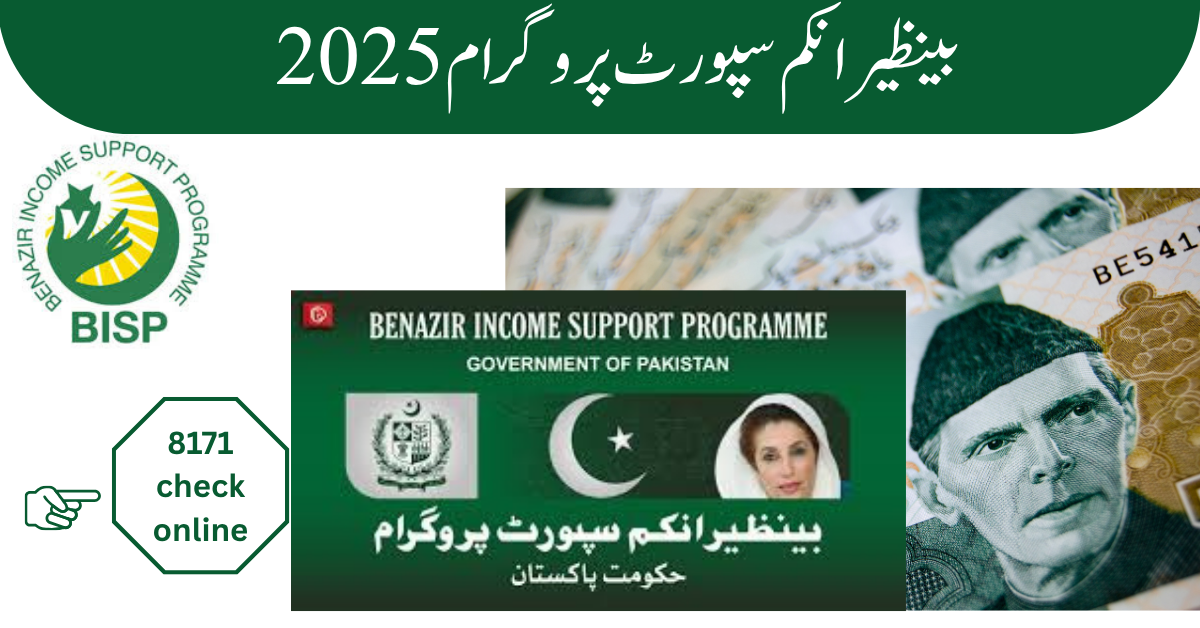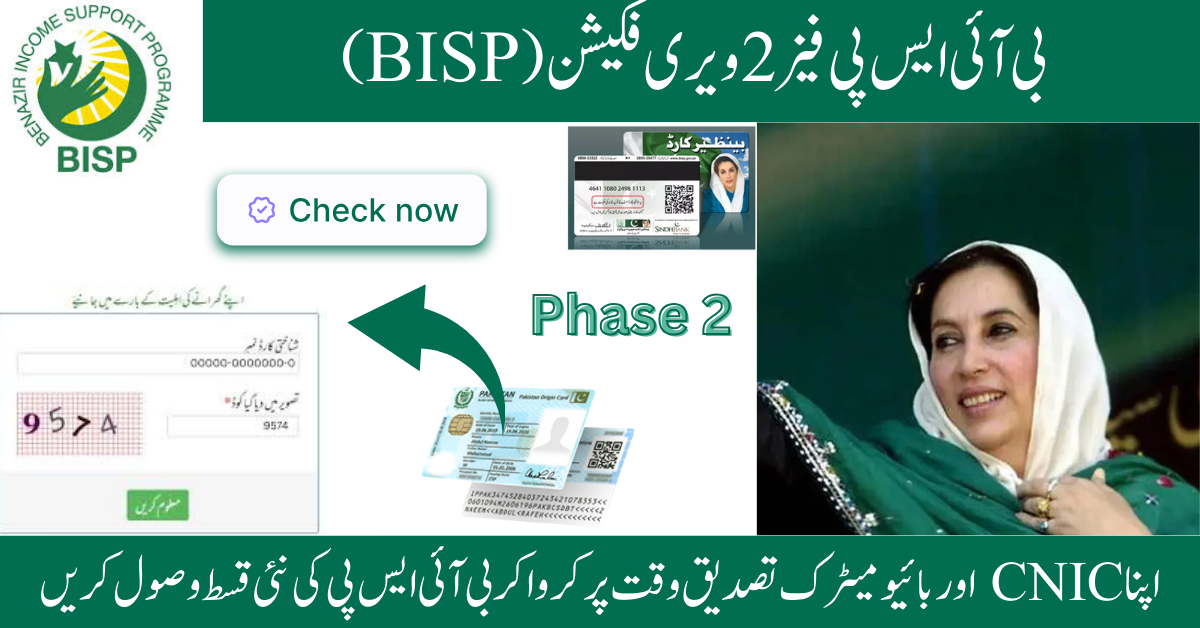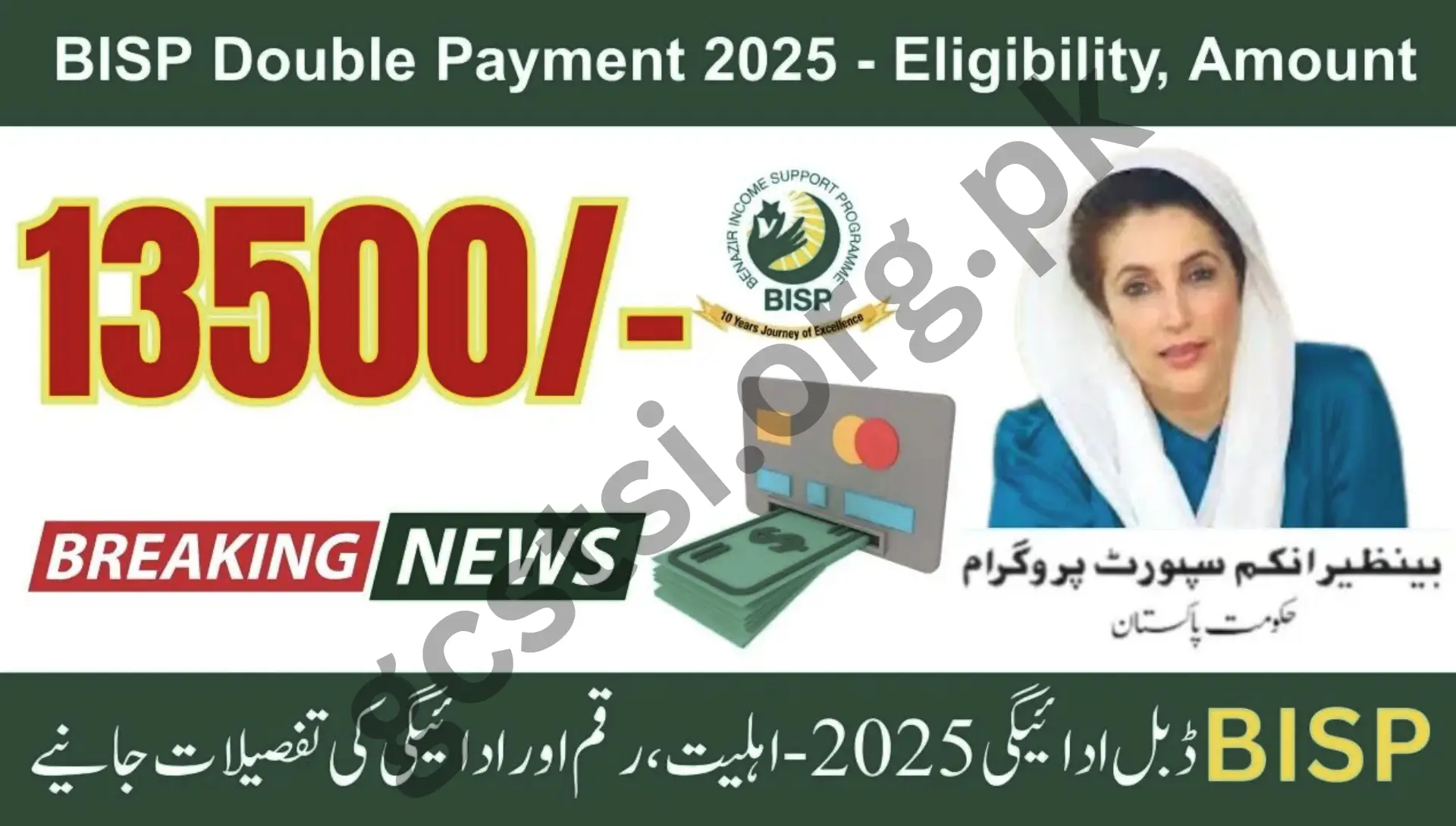KP Cabinet Greenlights Privatization of Schools & Colleges with Broad Education Reforms 2025. The Khyber Pakhtunkhwa (KP) Cabinet in its 39th session, chaired by Chief Minister Ali Amin Khan Gandapur, has introduced a landmark set of decisions aimed at overhauling the education sector, promoting tourism, safeguarding social welfare, and ensuring sustainable provincial development. Among the most notable reforms is the privatization of select government schools and colleges on a pilot basis, which is expected to enhance quality, efficiency, and enrollment. This article dives into the details of these reforms, their benefits, and the broader impact on KP’s socio-economic landscape.
Privatization of Government Schools and Colleges in KP
In a bold move to address declining enrollment and quality in public education, the KP Cabinet approved the outsourcing of certain government schools and colleges. This public-private partnership (PPP) model will serve as a pilot to modernize education delivery while ensuring accessibility.
Key Features of School & College Privatization
| Feature | Details |
|---|---|
| Scope | Select government schools & colleges with low enrollment |
| Cost to Families | Completely free, no tuition fees |
| Teacher Jobs | No layoffs; existing teachers retain jobs |
| Operational Costs | Fully covered by the provincial government |
| Objective | Improve education quality and attract more students |
This initiative will introduce innovative teaching methods, improved administrative efficiency, and better learning outcomes without imposing any financial burden on families.
Recruitment of 3,000 Temporary Teachers
To further strengthen the education sector, the cabinet has approved the recruitment of over 3,000 temporary teachers in government colleges. This addresses both faculty shortages and youth unemployment.
Recruitment Highlights
- Eligibility: Includes associate degree holders
- Budget: Rs. 3 billion allocated for recruitment
- Selection Process: Fully merit-based and transparent
- Impact: Bridges faculty gap and creates employment opportunities
This move ensures that KP’s colleges are adequately staffed, improving student learning experiences and institutional performance.
Challenging Federal Property Tax
The KP Cabinet has decided to legally contest the federal property tax imposed on the transfer of immovable property. This step seeks to protect property owners from unjust financial burdens and create a more investor-friendly environment.
Women’s Property Rights Rules 2025
In a historic step towards gender equality, the Women’s Property Rights Rules 2025 were approved to safeguard inheritance and property rights for women.
Key Provisions
- Legal protection for women in property matters
- Transparent implementation of inheritance laws
- Enhanced monitoring and dispute resolution
- Appointment of new chairpersons and members for the Women’s Commission
This ensures empowerment of women, financial security, and equitable access to property.
Support for Afghan Refugees Returning Home
The KP Cabinet also focused on humanitarian support by facilitating the safe repatriation of Afghan refugees.
- Action: Deputy Commissioners can use the Relief Fund for transport support
- Objective: Safe, dignified repatriation for voluntary returnees
- Impact: Promotes goodwill, regional stability, and international compliance
Tourism Development and New District Announcements
KP is taking major strides to boost tourism and regional development.
Key Initiatives
| Initiative | Allocation / Details |
|---|---|
| Galiyat Development Authority | Rs. 1 billion grant |
| Infrastructure & Beautification | Roads, parks, cleanliness, and amenities |
| New Districts | Paharpur District, Upper Swat District |
| Goal | Decentralized administration & improved public service delivery |
These steps aim to make KP a prime tourist destination, generating economic growth, employment, and infrastructure improvements.
First-Ever Mountain Agriculture Policy in Pakistan
KP becomes the first province to introduce a Mountain Agriculture Policy, targeting sustainable farming in high-altitude regions.
Policy Goals
- Promote sustainable and climate-resilient agricultural practices
- Improve food security in mountainous areas
- Enhance rural livelihoods
- Address climate change challenges
Pharmacy Services Policy Approved
The KP Cabinet has also standardized pharmaceutical services to improve healthcare across the province.
- Scope: Public and private sector healthcare
- Impact: Improved access to medicines, better regulation, and quality control
- Objective: Enhance health outcomes and reduce service disparities
Urban Tree Plantation Drive Funded
Environmental sustainability is a key focus, with a major urban tree plantation initiative approved:
- Peshawar: Rs. 100 million allocated
- Other Divisional Headquarters: Rs. 50 million allocated
- Objective: Cleaner, greener, and more livable cities
- Impact: Improved urban environment and reduced pollution
Special Compensation & Health Support
Compensation for Martyrs’ Families
The cabinet approved compensation packages for families of those who lost their lives in incidents across Bajaur, Tirah, Kurram, and Wana.
Health Support for Critical Patients
- Rs. 4.5 million approved for treatment of two critical patients with cancer and bone marrow disorders
- Impact: Demonstrates KP’s commitment to humanitarian and health support
Financial Support for Bar Associations & NGOs
The KP government has also provided grants-in-aid to strengthen civil society and access to justice:
| Beneficiary | Fund Allocation |
|---|---|
| Bar Associations | Approved grants-in-aid |
| Healthcare & Special Education NGOs | Rs. 40 million for three NGOs |
| WSSC Haripur | Funds to improve water & sanitation services |
FAQs
Q1: Will privatization affect the tuition fees in KP government schools?
A1: No, all education in outsourced schools will remain free, and operational costs are fully covered by the government.
Q2: Who is eligible for the temporary teacher positions?
A2: Candidates with at least an associate degree are eligible, and the selection will be merit-based and transparent.
Q3: How does the Mountain Agriculture Policy benefit farmers?
A3: It promotes sustainable practices, improves food security, and enhances rural livelihoods in high-altitude areas.
Q4: Are women’s property rights fully protected under the new rules?
A4: Yes, the Women Property Rights Rules 2025 ensure legal protection, transparency, and equitable inheritance implementation.
Q5: How are urban greening projects funded in KP?
A5: Rs. 100 million for Peshawar and Rs. 50 million for other divisions have been allocated for tree plantation initiatives.
Conclusion
The KP Cabinet’s 39th meeting decisions mark a transformative phase for the province, focusing on education, tourism, social welfare, and sustainable development. Privatizing select schools and colleges, recruiting 3,000 temporary teachers, implementing women’s property rights, and boosting tourism will significantly enhance quality of life and opportunities in KP. These reforms show KP’s commitment to inclusive growth, human development, and modernization.


















